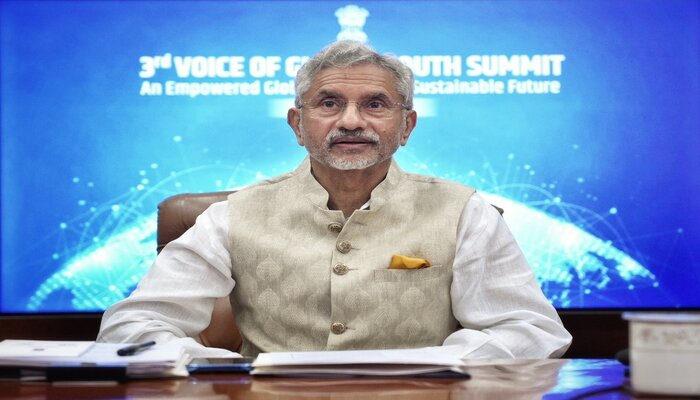Kampala, the capital of Uganda, is one of Africa’s most polluted cities. To address this issue, the Ugandan government has launched a project introducing several electric buses in Kampala, with plans to transition to electric vehicles in public transportation. The city’s air and noise pollution from vehicles have become a burden for both residents and the environment.
According to the United Nations, Kampala ranks among Africa’s most polluted cities. In response, the government is moving towards replacing gasoline-powered vehicles with electric alternatives. As part of the initiative, the government has invested in Kira Motors, a state-owned car manufacturer, and partnered with Makerere University. These electric vehicles are powered by electricity generated from hydropower. Currently, 27 electric vehicles are in operation.
Kira Motors official Allan Muhumuza stated, “Private companies, tourism sectors, and the Kampala Taxi Owners Association are potential buyers. The association operates 14-seater taxis, but we aim to introduce larger electric vehicles. The government supports this transition, favoring larger-capacity vehicles.”
Currently, electric buses are being used by government agencies like Uganda Airlines and the Civil Aviation Authority. Passengers using these buses praise their comfort and eco-friendliness. Patrick Okello Oriem, a commuter, shared, “The bus is very comfortable with no vibrations, no emissions, excellent air conditioning, and a great design. If these buses were introduced in northern Uganda, we could boast of the safest public transportation in the country.”
Kampala’s older taxis and buses are neither safe nor environmentally friendly, prompting action from organizations like Auto Safety Uganda, led by Michael Wanyama. His organization works on road safety and health issues caused by transport conditions and provides vehicle data to authorities.
Wanyama explained, “The government can use this data to create policies and incentives, encouraging people to buy electric vehicles affordably. We are also researching retrofitting existing vehicles into electric ones, which is a more cost-effective option than purchasing new ones.”
However, challenges remain. Electric taxis cost around 35,000 euros, a price beyond the reach of many drivers. Additionally, the government imposes taxes on electric vehicle imports, making them less affordable. Achieving full e-mobility in Uganda requires more activists and investments. While the journey has begun, the road ahead is long.












